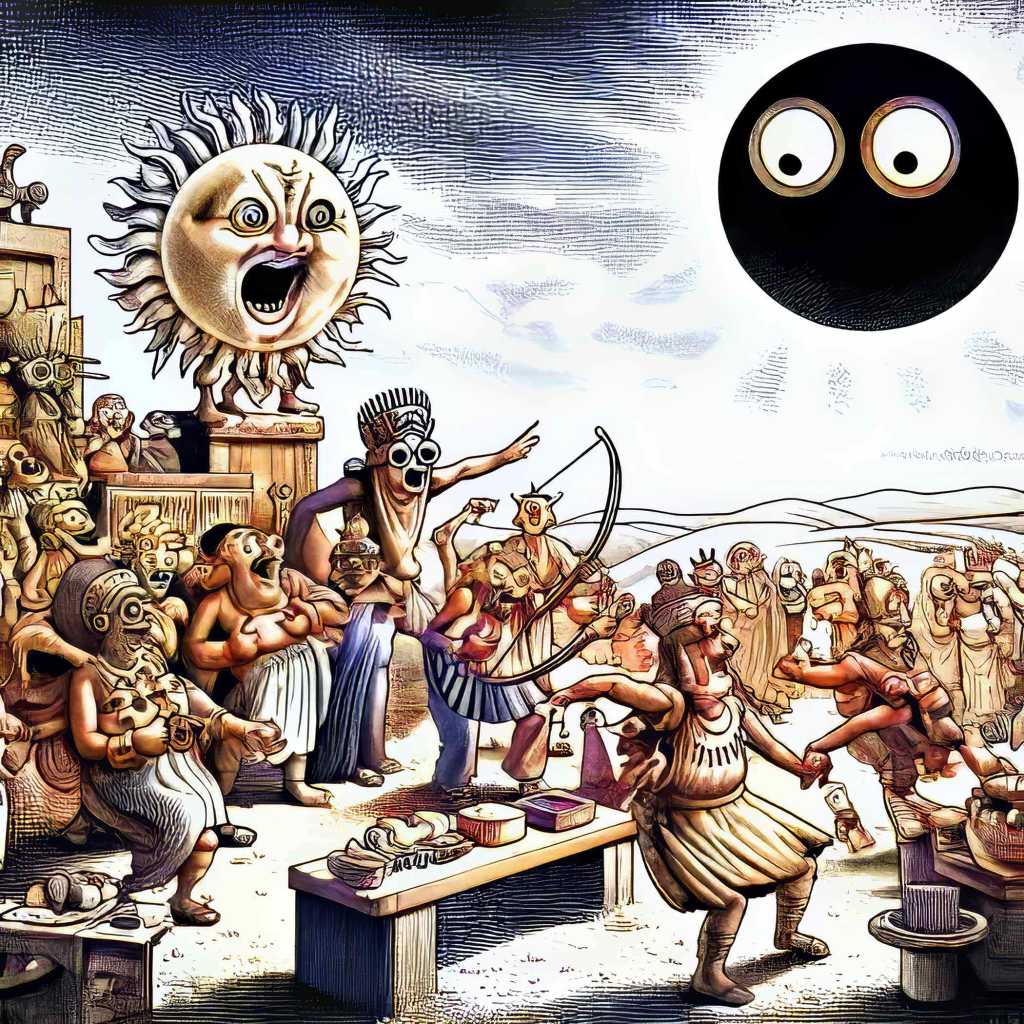Switching to Merriam-Webster is probably a good idea. However, didn’t anybody see a problem with the annoying words here? Sheesh.

Switching to Merriam-Webster is probably a good idea. However, didn’t anybody see a problem with the annoying words here? Sheesh.

I’m thrilled to announce my latest creation: word search puzzle books, now available on Amazon.
Designed with beginners in mind, these puzzles offer a gentle introduction to the world of word searches. Each has no more than six words, ensuring a delightful yet manageable challenge. And to keep things straightforward, none of the words are spelled backward.
Dive into a captivating exploration of mythology, where ancient gods and legendary creatures await your discovery. Traverse the meandering paths of the world’s most famous rivers. Start an urban adventure through bustling cities in the U.S. and Canada. This collection tests your observational skills with a journey through fascinating themes and locales.
Word search puzzles, known for their simplicity and appeal, have a rich history. They date back to the late 1960s when Norman E. Gibat published the first word search in the Selenby Digest in Norman, Oklahoma. Quickly becoming a local sensation, they spread to classrooms and beyond, capturing the interest of puzzle enthusiasts worldwide. Their straightforward goal — to find words hidden in a grid of letters — makes them accessible to solvers of all ages and skill levels.
I aimed to blend simplicity with the excitement of exploration and discovery. Whether you’re a seasoned puzzle solver or a beginner eager to embark on your first word search adventure, these books promise hours of entertainment.
Mythology Large Print Word Search

When an eclipse darkened the sky in the good old days, people didn’t just whip out their ISO-certified glasses and smartphones for a quick pic. No, sir! They got busy appeasing the celestial beings, convinced that the sun being gobbled up was a cosmic tantrum needing serious placation.
Imagine this: one minute, you’re farming, and the next, you’re knee-deep in a ceremonial shindig because the sun played hide-and-seek with the moon. The ancient playbook dictated that the only way to get the sun back was by throwing a heavenly party, complete with all the trimmings — songs, dances, feasts, and, oh yes, the occasional sacrifice.
The musical score of the day wasn’t your typical top 40 hits but an ensemble of drums, flutes, and chants, creating a soundtrack that aimed to soothe the celestial beasts. Communities came together, not in backyard barbecues, but in grand celebrations, decked in their finest, hoping to impress the sun and moon out of their celestial tête-à-tête.
And let’s not forget the pièce de la résistance: the sacrifices. Plants, animals, and — brace yourself — even humans were offered to the sun with a hopeful “please come back” note. These were not mere acts of desperation but deeply symbolic gestures rooted in the belief that the most valuable offerings would win the gods’ favor and restore cosmic order.
So, please spare a thought for our ancestors the next time you catch an eclipse. They had to work much harder than us to ensure the cosmic lights came back on, navigating the delicate art of divine diplomacy with only sheer faith and a penchant for grand celestial appeasement.